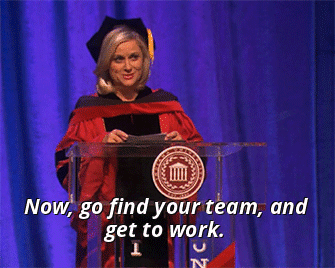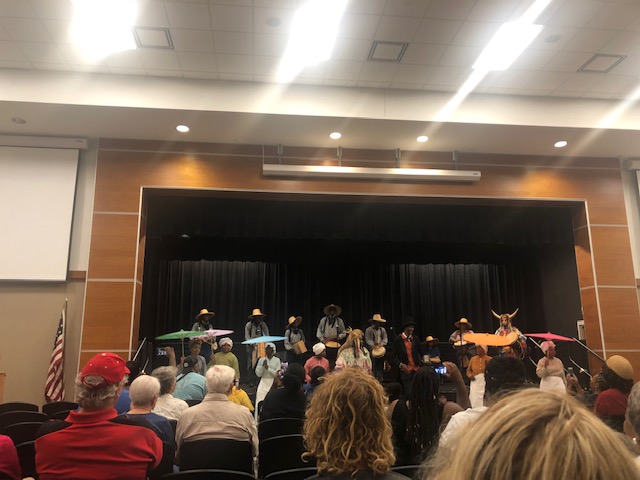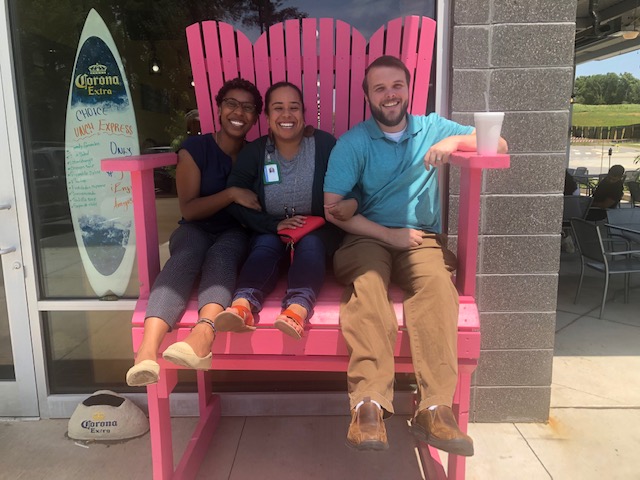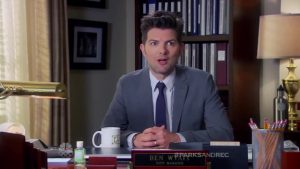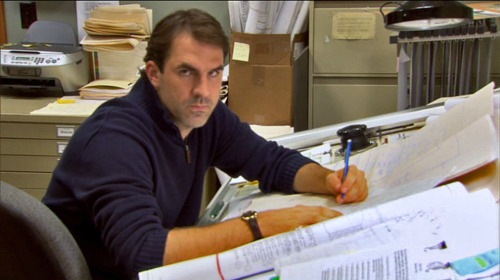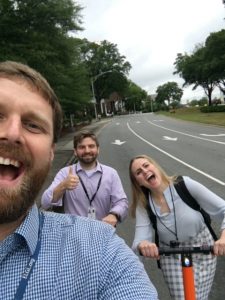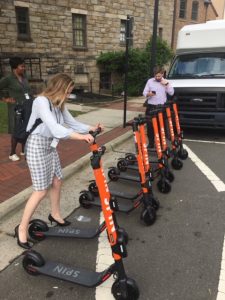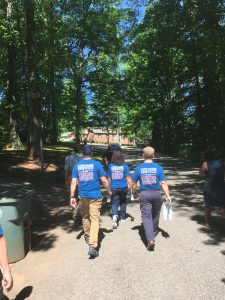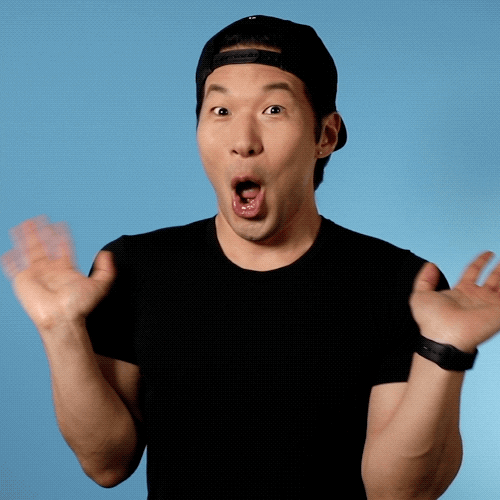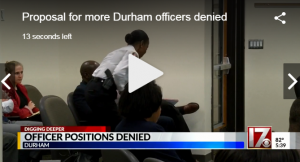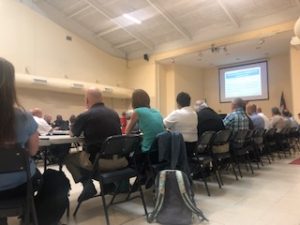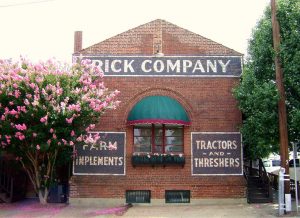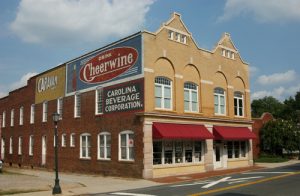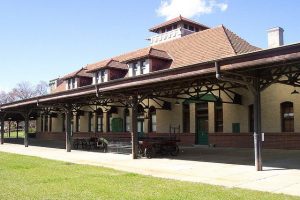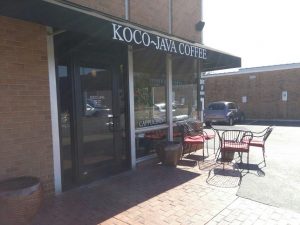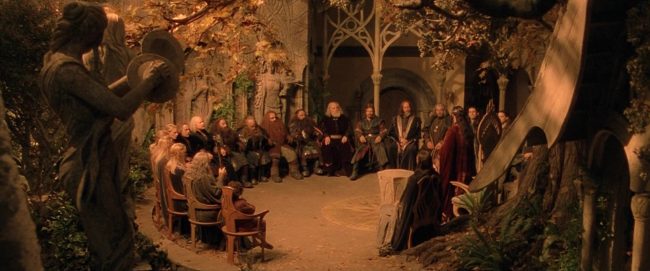
One of the most important parts of any internship is the network you make along the way. Working with the Budget & Management Services Department and getting to know everyone better has been incredible. After a few weeks, I realized I also wanted to get to know other City interns as well. Although I love working with my department members, I wanted to gain more insight into what other folks in a similar experience to myself are learning. The Assistant Director of BMS recommended that I send out an email to all department leaders asking for their interns’ contact information. Thankfully, all of the department heads were excited to have their interns involved, and quickly shared their names with me.
We now have a cohort of around ten interns within the City of Durham. We come from a variety of departments, including: General Services, Community Development, Budget & Management Services, City Manager’s Office, and Economic Workforce Development. Everyone has unique interests in local government, and we are all hopeful that this experience will allow us to learn more about how local government functions.

We had our meeting earlier this week, and it was an incredible experience. Each member had fascinating insights into local government, and we all found ways that our work tied together. For example, one intern is working on a project with General Services that will increase trails in the Durham area. He was discussing the financials of the project and budgeting for the improvements, and as I listened I realized just how much I had learned about the fiscal year budget process. It was really incredible to have conversations with folks just as nerdy about local government as myself, and I cannot wait to see where our careers take us.
One of my fellow interns is within the Office of Economic Workforce Development, and she is learning about Durham’s policies on minority and women-owned businesses. Her assignment is to find data on these businesses and create an open data portal for folks in the community to learn more about locations to shop. One of the most beneficial things she has taken away is how complicated gathering data can be, but that community partners can make the process easier.
As we learned about in Human Resources this past semester, the people you surround yourself with at work can change your own experience. Creating relationships in any position is essential to the well-being of yourself and others. I think that by connecting with other interns I won’t just have support from budget staff but also from others in the same career stage as myself. This is crucial to a local government career because as you talk with others about the field, you learn more about changes that can be made, which can lead to positive changes in your community.
